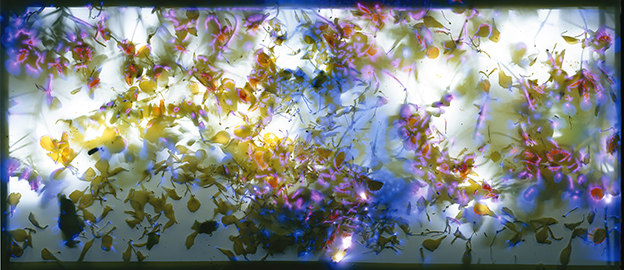FOR IMMEDIATE RELEASE
Media Contact:
Tara DiMilia, 908-947-0500, tara.dimilia@TMstrat.com
Bay Area Lyme Foundation Announces Grant Application for Two $100,000 Awards for Lyme Disease Research
‘Emerging Leader Award’ aims to attract new scientific talent to address scientific challenges of Lyme disease
Silicon Valley, California, October 5, 2015—The Bay Area Lyme Foundation, a leading national funder of Lyme disease research in the US, today announced a call for applications for two $100,000 Bay Area Lyme Foundation ‘Emerging Leader Award’ grants. These awards will be given to two promising scientists who embody the future of leadership in Lyme disease research in the US. The award recipients will be researchers in academia or the private sector who are currently at the post-doctoral level through the assistant Professor level, or equivalent, who have identified a defined approach to improve diagnostics or therapies for Lyme disease. Important criteria include demonstrated professional and scientific leadership in the biomedical sciences and a strong supporting scientific rationale for the project. Research efforts funded by the award are required to generate initial proof of concept within 12–18 months.

